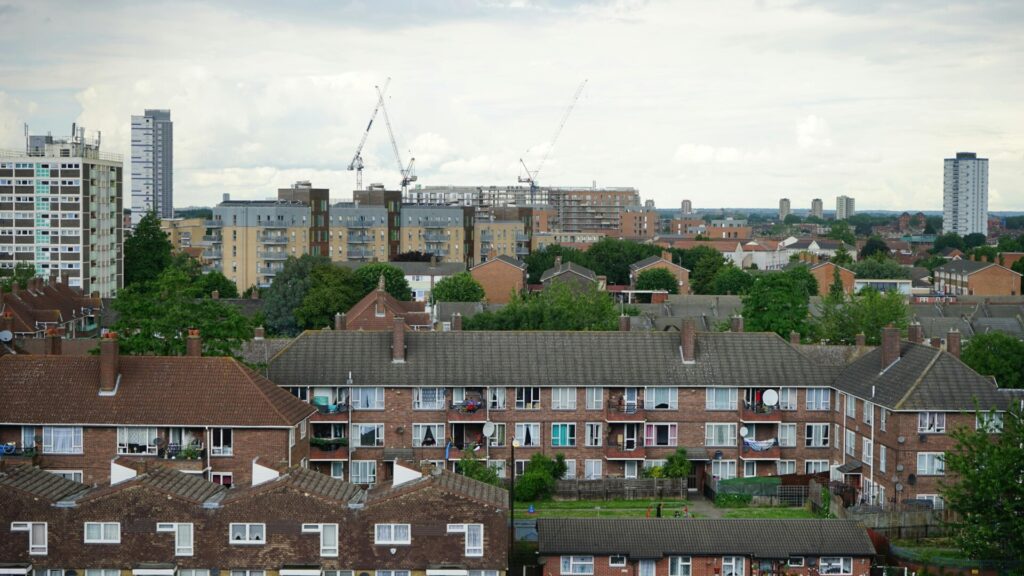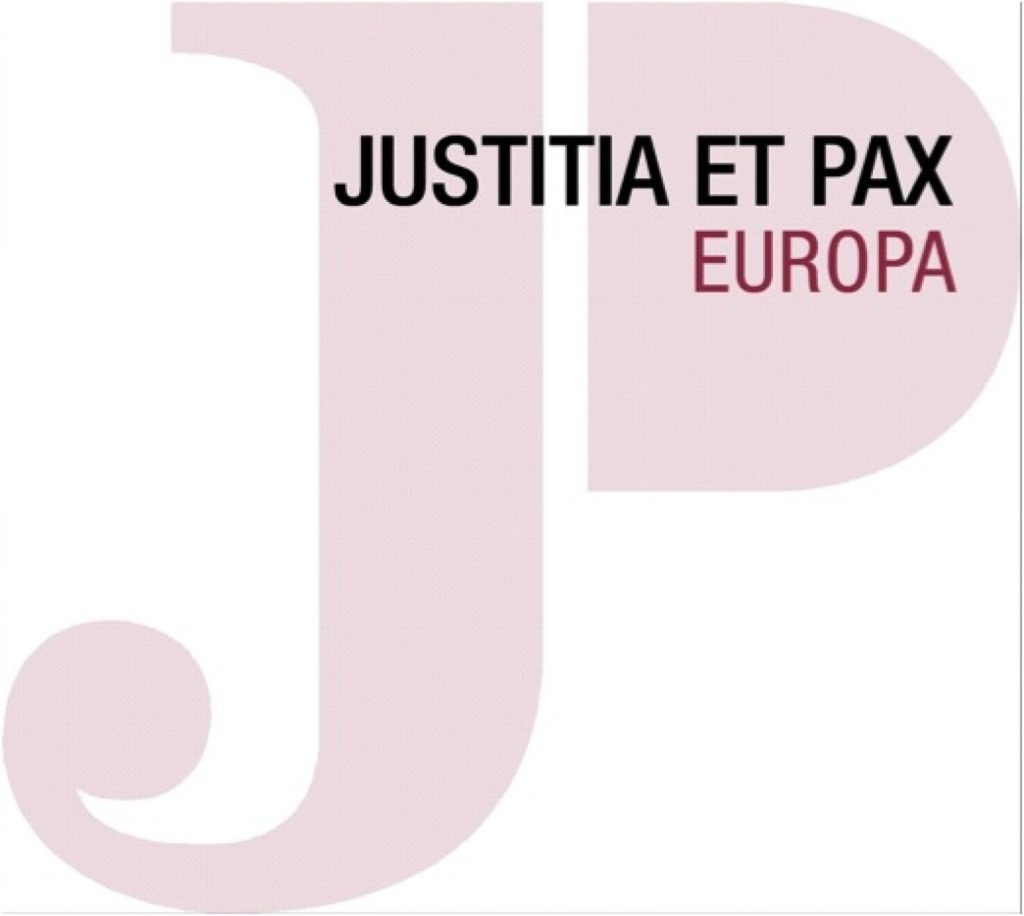Statement of Justice and Peace Europe on the occasion of the Human Rights Day
(10 December)
« Indigenous peoples are a living appeal for hope »
It is estimated that there are about 5000 different indigenous peoples in the world, sharing strong links to their natural environments and having distinct socio-economic, political, cultural and religious features. Despite their geographical dispersion over 70 countries worldwide and their socio-cultural diversity, these peoples are often confronted with similar threats and challenges.
It is not by accident that the United Nations has declared 2019 as the International Year of Indigenous Languages since most of the 2680 languages in danger of disappearing are of indigenous nature. It is also alarming to note that nearly half of the 400 environmental and human rights defenders killed in 2017 were indigenous people who died defending their individual and collective rights. Even in present days, violent deaths of indigenous people and those who defend them, are reported in Latin America, Africa, Asia, Europe or the Arctic.
Indigenous peoples are also a great concern to Pope Francis who referred to them as “a living appeal for hope”, reminding us “that human beings have a shared responsibility in the care of the common home”. The participants to the last Synod of Bishops for the Pan-Amazon region had the opportunity to listen to powerful testimonies of indigenous representatives suffering from new forms of colonialism.
Unsustainable exploitation of natural resources and careless extractive activities of multinational corporations, many times driven by predatory economic and political interests, do not only inflict irreversible ecological damage but they also have disproportionate social consequences for indigenous populations. Corporate abuse is often accompanied by lacking government oversight and insufficient due diligence demands from international markets. Fueled by corruption and impunity, this may result in the violation of land rights, loss of culture and identity, human trafficking, slavery, discrimination and marginalisation. The victims are usually the most vulnerable – children, youth and women.
Those seeking to give them a voice and advocating for their access to justice are often subject to attacks, threats, undue criminal prosecution, intimidation, harassment, and even killings.
In light of these human rights, ecological and socio-economic challenges, we as the Conference of European Justice and Peace Commissions (Justice and Peace Europe) share the concern for indigenous peoples. We also express our support to those defending them in Europe and all over the world.
We reaffirm the principles of the Social Teaching of the Church on the human dignity of all, especially the weakest, and recognise the need to foster integral human development. We support the appeal of Pope Francis to “show special care for indigenous communities and their cultural traditions. They are not merely one minority among others, but should be the principal dialogue partners, especially when large projects affecting their land are proposed. For them, land is not a commodity but rather a gift from God and from their ancestors who rest there, a sacred space with which they need to interact if they are to maintain their identity and values. When they remain on their land, they themselves care for it best” (Laudato Si’, 146).
Protecting indigenous people’s rights and those defending them does not only represent a fundamental ethical imperative but it also constitutes an international legal obligation and a basic commitment to human rights.
As Justice and Peace Europe we therefore call on policy-makers at national, European and international levels to intensify efforts for the full recognition, protection and promotion of the rights of indigenous people and those defending them in line with relevant legislation, including the ILO Convention No 169, the UN Declaration on the Rights of Indigenous Peoples and the UN Declaration on the Rights of Human Rights Defenders.
In particular, we urge that:
1) public and private actors fully respect and promote the land, cultural, language, intellectual property, social and environmental rights of indigenous people in Europe and globally
2) capacity-building and inclusive participation of indigenous representatives is ensured in consultation, decision-making and implementation processes in all matters affecting them
3) effective access to justice and remedy is provided to indigenous victims and those defending them in cases of discrimination and violent attacks
4) companies, including those based in Europe, do not source their products from suppliers linked to deforestation, land-grabbing or human rights violations
5) public authorities, including the European Union, adopt binding human rights due diligence legislation to ensure corporate social responsibility, and play a constructive role in the on-going negotiations on a UN Treaty on Business and Human Rights
6) bilateral and regional trade agreements include enforceable human rights, social and environmental clauses ensuring effective protection of indigenous people’s rights
7) targeted policies are promoted to support the sustainable and integral development of indigenous people and communities, while respecting their life, specific identity, culture, language and religious beliefs.
The protection and promotion of indigenous people’s rights and those defending them requires a multi-level and multi-stakeholder response, and as Justice and Peace Europe we are ready to contribute to these efforts.
Brussels, 6 December 2019
The Executive Committee of Justice and Peace Europe





